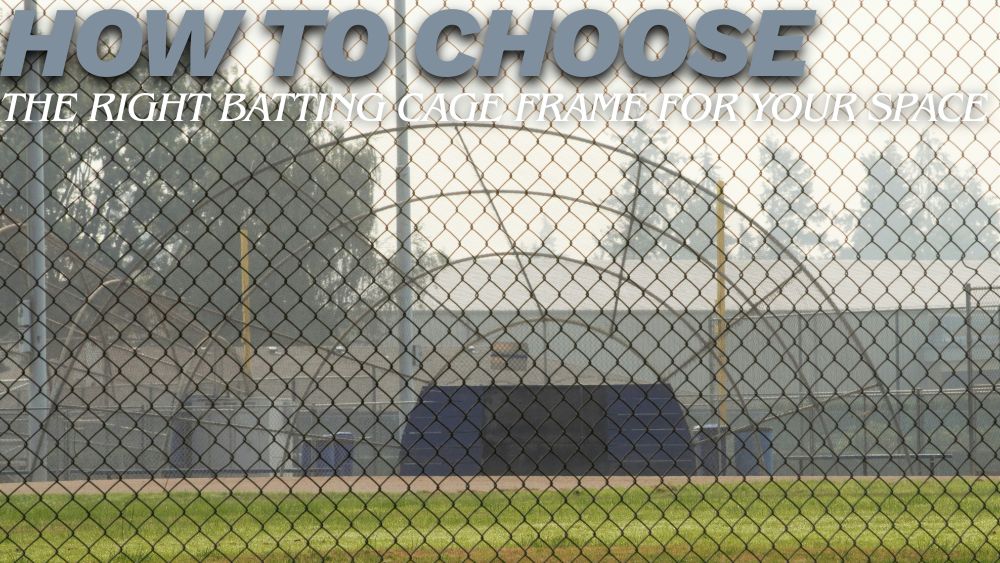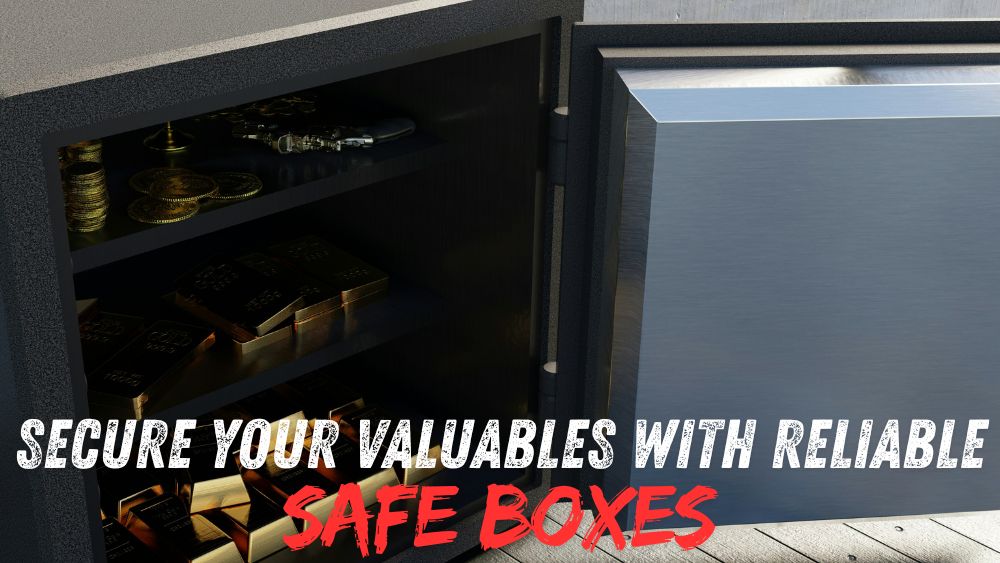Choosing the ideal batting cage frame can completely transform your training environment — whether you're setting up a batting cage for backyard use, upgrading a team practice area, or building a high-performance training zone at home. With so many sizes, materials, and configurations available, knowing what to look for ensures your cage is safe, durable, and perfectly matched to your practice style.
This guide will walk you through exactly how to choose a batting cage frame, what features matter most, and how to create a long-lasting hitting practice setup that fits your space and budget.
Why Your Batting Cage Frame Matters
Your frame is the backbone of your entire baseball batting cage. A strong, well-built structure ensures:
-
Proper net tension
-
Long-lasting sports netting systems
-
Safe ball containment
-
Weather resistance for outdoor setups
-
Stable and consistent training sessions
For a complete overview of different frame types, explore the batting cage frames collection at TotalFindz:
batting cage frames
Step 1: Measure Your Space
Before choosing any equipment, determine where your batting cage setup will go.
Indoor or Outdoor?
-
Outdoor sports equipment setups offer more room for full-length cages.
-
Indoor training spaces may require shorter cages or collapsible frames.
Recommended Dimensions
Most players prefer:
-
Length: 40–70 ft
-
Width: 12–14 ft
-
Height: 10–14 ft
If you’re considering a backyard install, these measurements help you plan practical backyard batting cage ideas.
For netting options sized for various frame dimensions, check out high-strength options like:
60 twisted poly batting cage nets
Step 2: Understand Types of Batting Cage Frames
Different training needs call for different frame styles.
1. Steel Pole Frames
Steel frames offer unmatched strength and longevity, making them a top pick for players who train often.
If you want a professional setup, consider systems like the:

commercial stand-alone batting cage frame bundle
2. Commercial-Grade Frames
These are perfect for academies, schools, and training facilities that need elite performance and durability.
Parts like the:

deluxe commercial frame parts
help extend lifespan and strengthen your system.
3. Backyard-Friendly DIY Frames
Lighter and easy to install, these are ideal for home setups and casual players.
If you want a starter kit, consider:

24' batting cage with frame corners
Or go all-in with a full build:

24' batting cages with complete frame
Step 3: Choose Strong, Long-Lasting Materials
Quality materials mean fewer replacements over time. When browsing the best batting cage frames for home, consider:
Material Type
-
Galvanized steel: Top-tier for weather resistance
-
Powder-coated steel: Helps prevent rust
Frame Thickness
Thicker walls prevent bending and movement — crucial in windy regions.
Weather Resistance
Outdoor systems must withstand rain, sun, and temperature changes, ensuring your baseball training equipment lasts.
Step 4: Pair Your Frame With the Right Netting
The net protects players, property, and your equipment. Make sure your frame and netting match in size and durability.
Consider heavy-duty options like the:

professional batting cage netting
For safety upgrades, pad vulnerable areas using:
Step 5: Match Your Frame to Your Training Goals
Your ideal frame depends on how you plan to use your cage.
Youth Athletes
A medium-size backyard model is perfect — easy to install and maintain.
Competitive Athletes
Choose durable batting cage frames with thicker metal and reinforced corners.
Coaches & Facilities
Go for commercial or multi-lane designs built for constant use.
Recreational Backyard Practice
Lightweight, affordable frames are ideal for at-home batting practice gear.
Step 6: Add Useful Training Accessories
Turning your cage into a complete training station elevates your performance.
Try adding:
-
A rebounder for fielding drills:
baseball & softball rebounder net
-
Netting and printing kits for customizing your gear:
aluminum silk screen printing frames
These upgrades help you build a versatile, all-in-one baseball training equipment zone.
Step 7: Consider Ease of Installation
Some frames require assembly, while others come ready to install.
DIY Frames
-
Great for backyards
-
Quick and budget-friendly
-
Lightweight connectors
Professional Frames
-
Best for teams or heavy users
-
Strong commercial-grade steel
-
Long-term durability
-
Multi-lane compatibility
If you want a truly plug-and-play solution, browse all frame systems under:
batting cage frames
Choosing the Right Batting Cage Frame
A thoughtful batting cage frame buying guide like this helps you make an informed choice based on:
-
Space
-
Training goals
-
Weather conditions
-
Frame strength
-
Budget
Selecting the right system ensures your batting practice gear lasts for years, supports safe training, and gives players of all ages the consistency they need to improve.
For the best selection of complete systems, add-ons, and DIY parts, explore the full range of batting cage frames at TotalFindz — designed for backyard players, competitive athletes, and training facilities alike.








